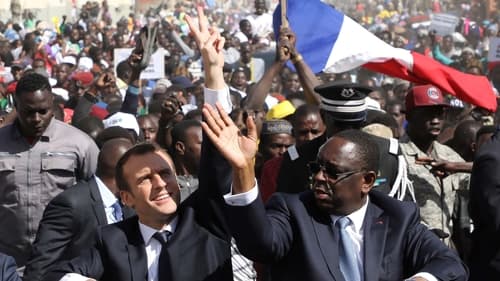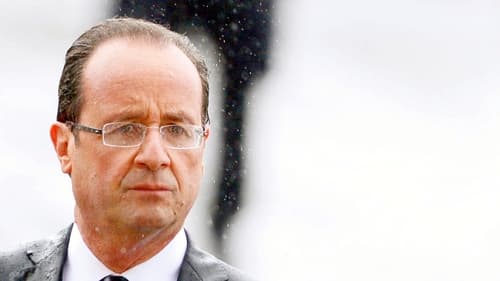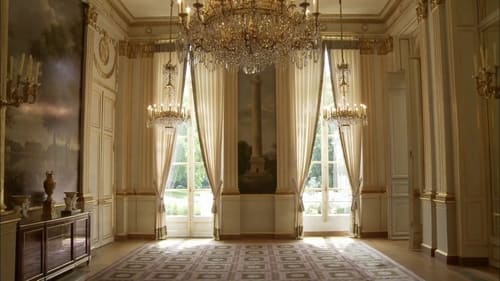Jean-Michel Djian
出生 : 1953-11-01, Saint-Brieuc, France

Director
A philosopher of complexity, Edgar Morin has renewed the figure of the intellectual. Born Edgar Nahoum in Paris in 1921, he joined the Communist Resistance in 1942, where he adopted the pseudonym Morin, which he never abandoned. Author of about a hundred books, doctor "honoris causa" of about forty universities in the world, he never stopped promoting human brotherhood.

Narrator (voice)

Director

Writer

Writer

Director

Director
This is the unlikely story of 21 ministers and prime ministers who have crossed or are crossing the french Fifth Republic today. Twenty-one politicians who, from one day to the next, find themselves at the head of a ministry by the grace of a President of the Republic and his Prime Minister. The formation of the government, conflicts of attribution, reshuffles, rumours of appointments, evictions, casting errors: it is all the capricious backstage of the games of power examined here under the angle of confidence and which sheds light on the prestigious but unknown function of minister. An original and instructive political saga on the reality of those who hold or have held this prestigious position.

Writer
This is the unlikely story of 21 ministers and prime ministers who have crossed or are crossing the french Fifth Republic today. Twenty-one politicians who, from one day to the next, find themselves at the head of a ministry by the grace of a President of the Republic and his Prime Minister. The formation of the government, conflicts of attribution, reshuffles, rumours of appointments, evictions, casting errors: it is all the capricious backstage of the games of power examined here under the angle of confidence and which sheds light on the prestigious but unknown function of minister. An original and instructive political saga on the reality of those who hold or have held this prestigious position.

Writer
"What could be more unsettling than a man close to death whose profound arrogance drives him relentlessly to hang onto both his power and his writing, to the bitter end?" In the twilight of his second seven-year term, François Mitterrand was alone. Ravaged by illness and abandoned by a large majority of the Socialist Party, who would not forgive him for the disastrous outcome of the March 1993 elections, the Head of State was preparing to tackle a second round of cohabitation with the right wing. However a series of unexpected tragedies and revelations would arise, casting a shadow over the end of his reign…

Director
"What could be more unsettling than a man close to death whose profound arrogance drives him relentlessly to hang onto both his power and his writing, to the bitter end?" In the twilight of his second seven-year term, François Mitterrand was alone. Ravaged by illness and abandoned by a large majority of the Socialist Party, who would not forgive him for the disastrous outcome of the March 1993 elections, the Head of State was preparing to tackle a second round of cohabitation with the right wing. However a series of unexpected tragedies and revelations would arise, casting a shadow over the end of his reign…

Director
Culture ... an affair of state, it is a historical novel journey to the heart of the Fifth Republic Cultural Affairs of France. Malraux, first holder of the ministerial office in 1959, to Catherine Tasca, in 2002, the film tells the scenes of major events during the cultural policy of the state: the case Langlois around the Cinematheque Landowski case-Boulez on the reform of music, the construction of Beaubourg, the Louvre, the conditions under which the music festival has been decided or that the cultural exception publicized. From archives, interviews or testimony, it is a political reading of unexpected contemporary artistic life which is at issue here.





